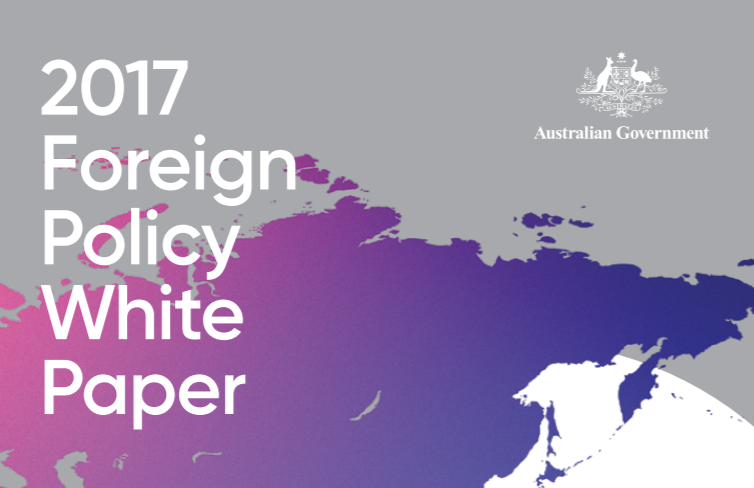
Statement from The George Institute on the 2017 Foreign Policy White Paper
Statement from Professors Robyn Norton and Stephen MacMahon, Principal Directors of The George Institute for Global Health.
“The George Institute welcomes the release of the Turnbull Government’s 2017 Foreign Policy White Paper. This White Paper sets out the future challenges and opportunities for Australia as it navigates its place in the global community.
“The George Institute supports the emphasis on extending our role in Asia, across commercial, cultural and scientific sectors. In the area of health, we believe that Australia has a great deal to offer and to gain through greater engagement with the large emerging markets of Asia.
“However, it is disappointing to note the missed opportunity to shift the regional health emphasis to chronic diseases, such as heart disease, which are now well-established as the main killers of both older and younger adults in Asia and the Pacific.
“When the last Australian foreign policy framework was set in 2003, communicable diseases such as malaria and TB were on the decline throughout the region and chronic diseases were growing rapidly. The central importance of chronic diseases in the Asia Pacific region and others was recognised in 2011, when the UN declared that chronic diseases posed an enormous threat to social and economic development globally.
“So, the continued focus on infectious diseases in this White Paper fails to recognise how much the health challenges of our region have changed in the past few decades. It is essential that the government consider this when devising and implementing foreign policy.
“To support the development of a strong, global and regional health system, and better health for billions of people, it is critical that we focus on controlling all the leading causes of premature death and disability, whether chronic or infectious.
“Managing both is undoubtedly the greatest healthcare challenge facing our region in the 21st Century.”

